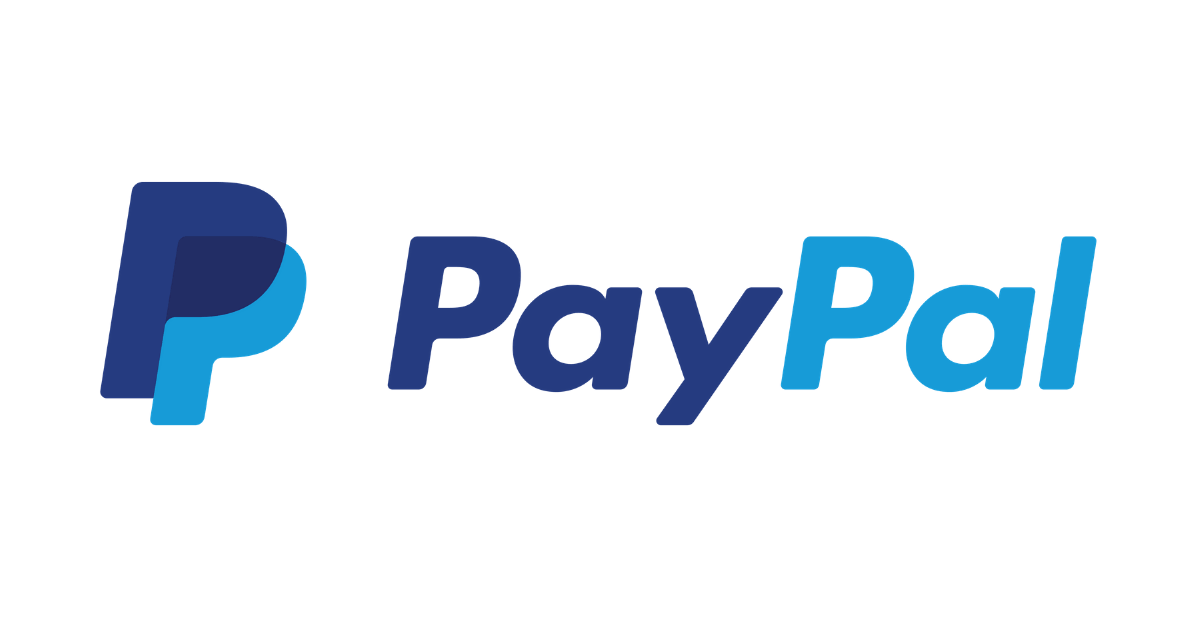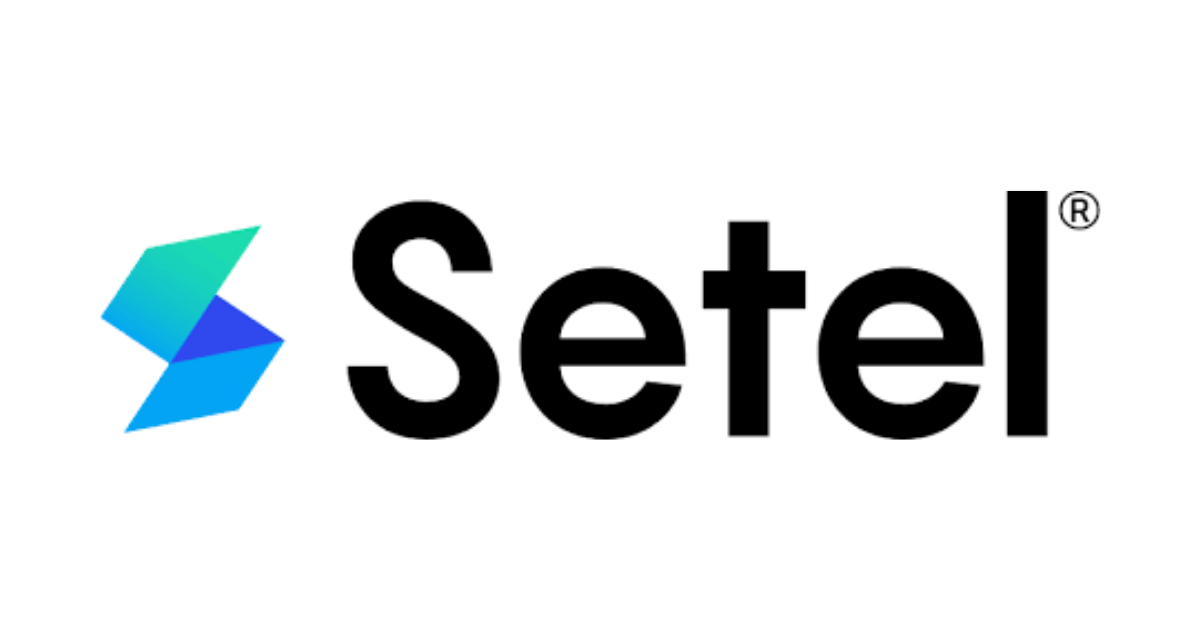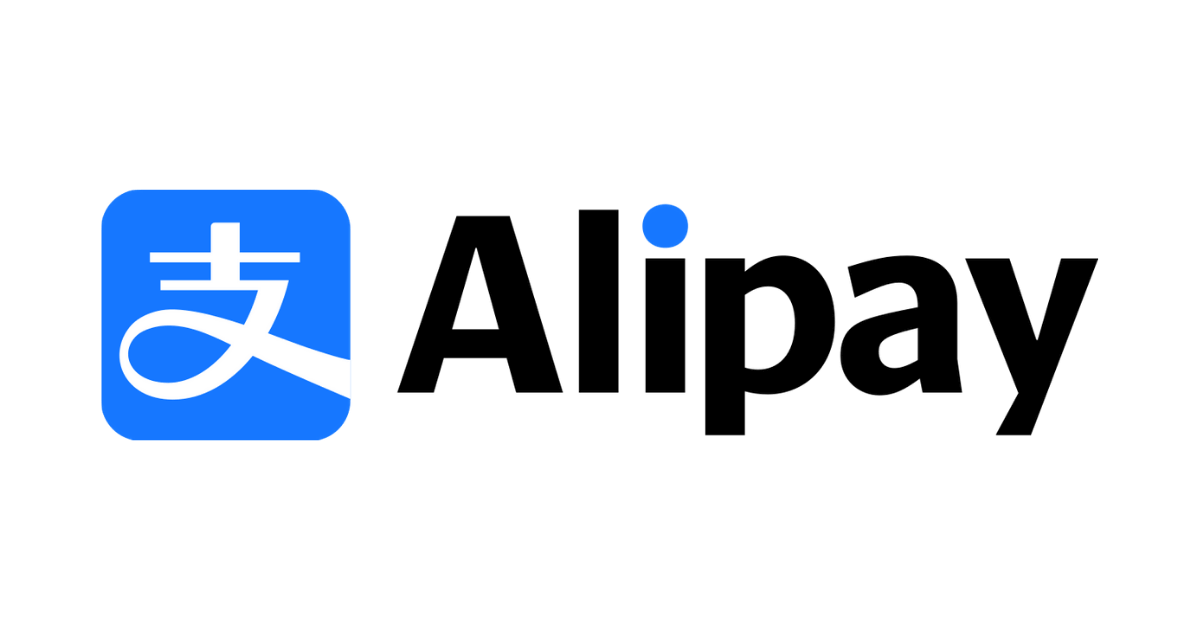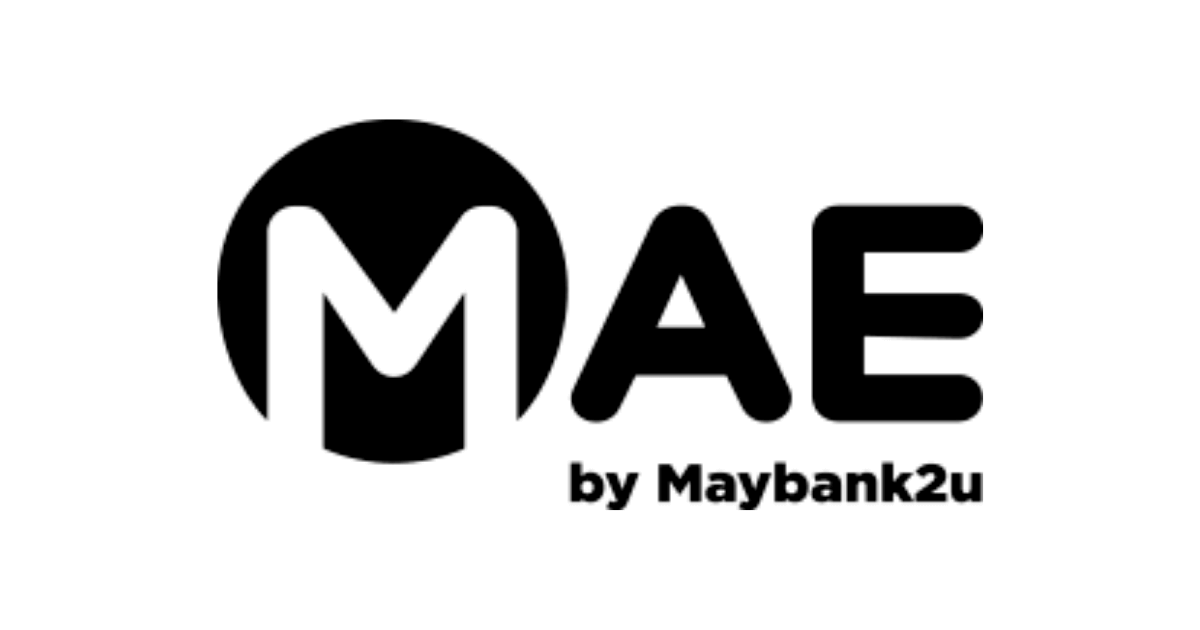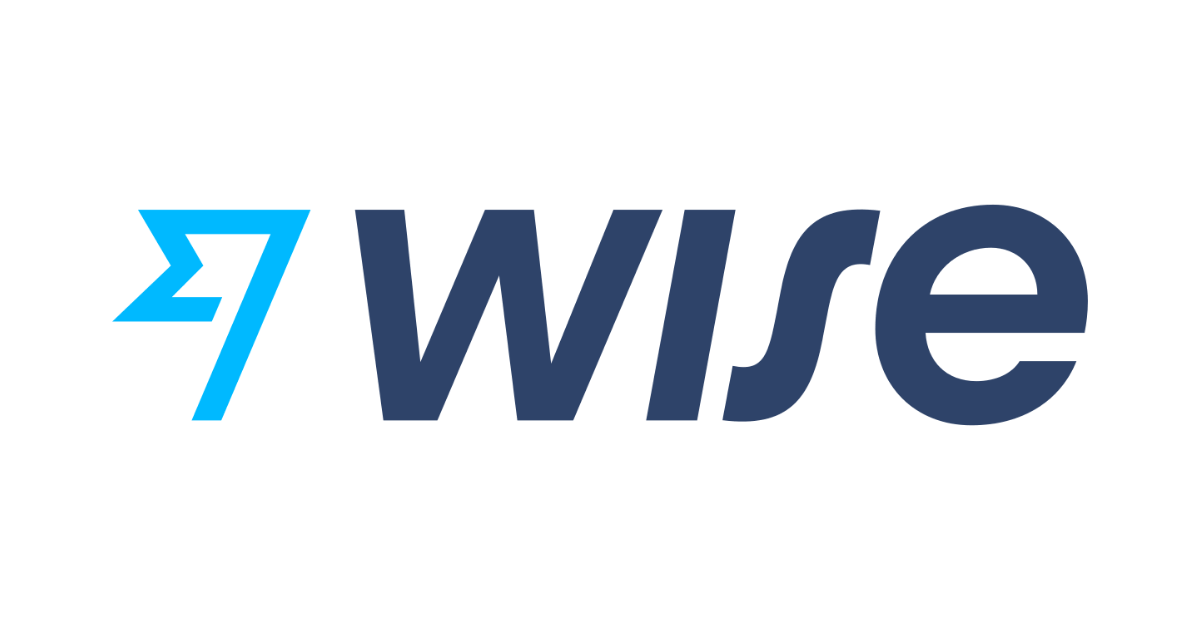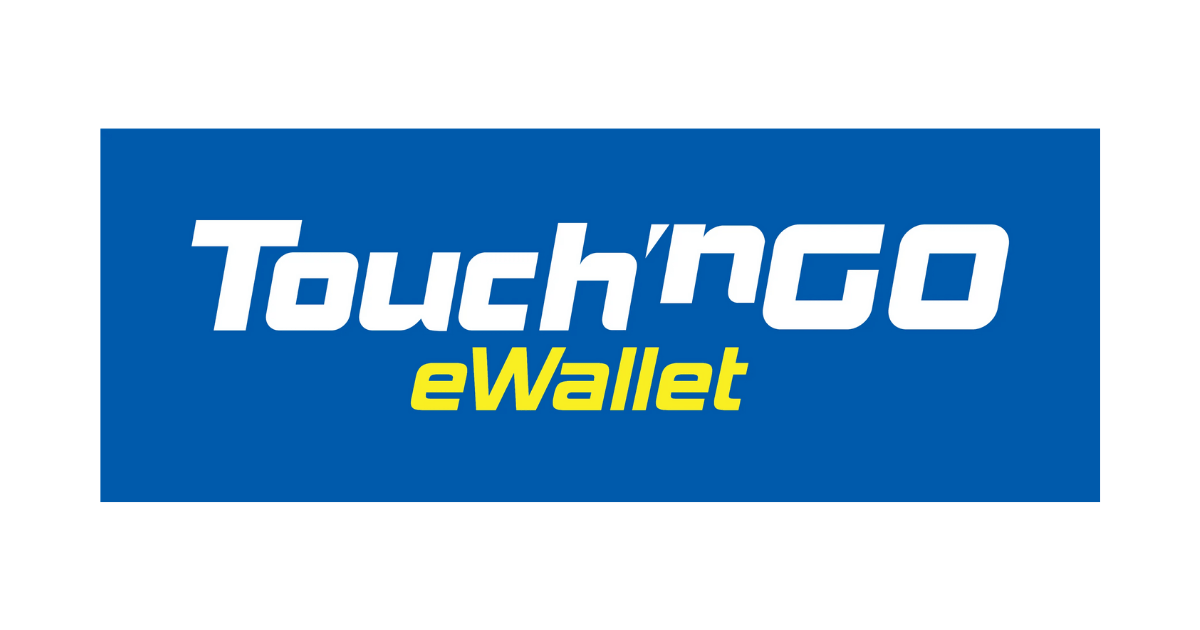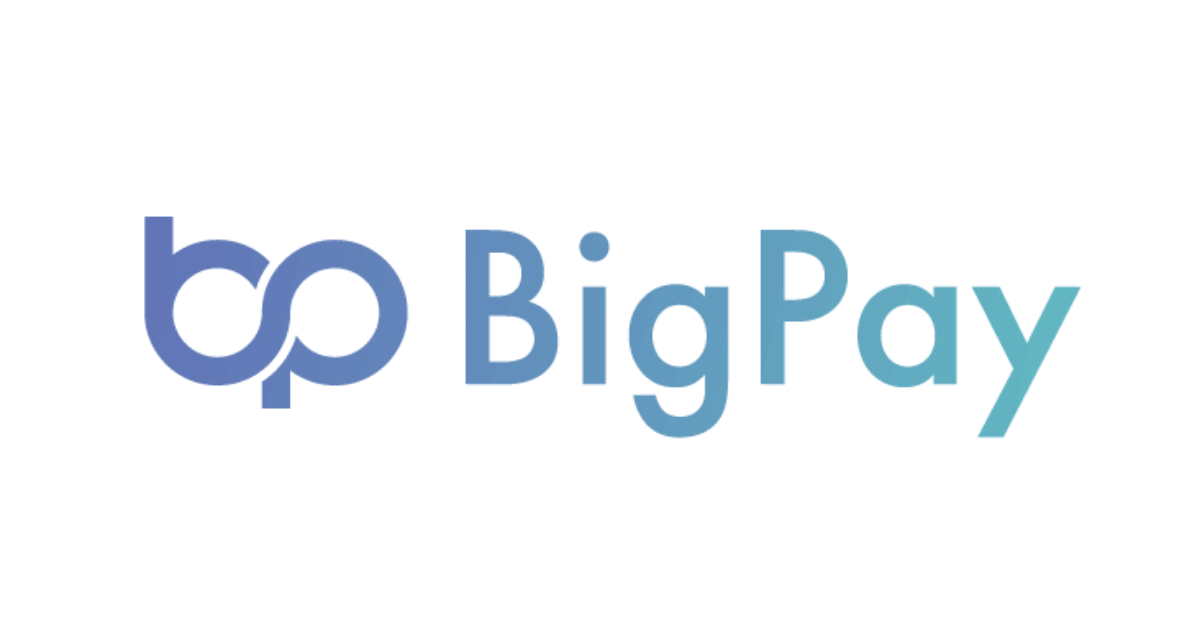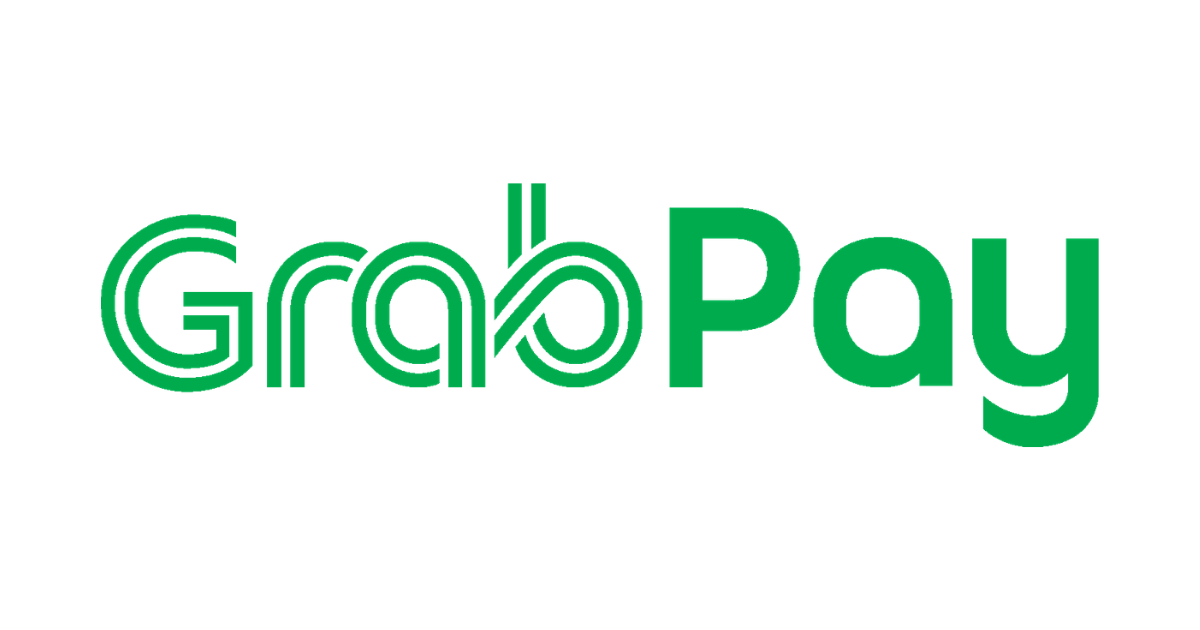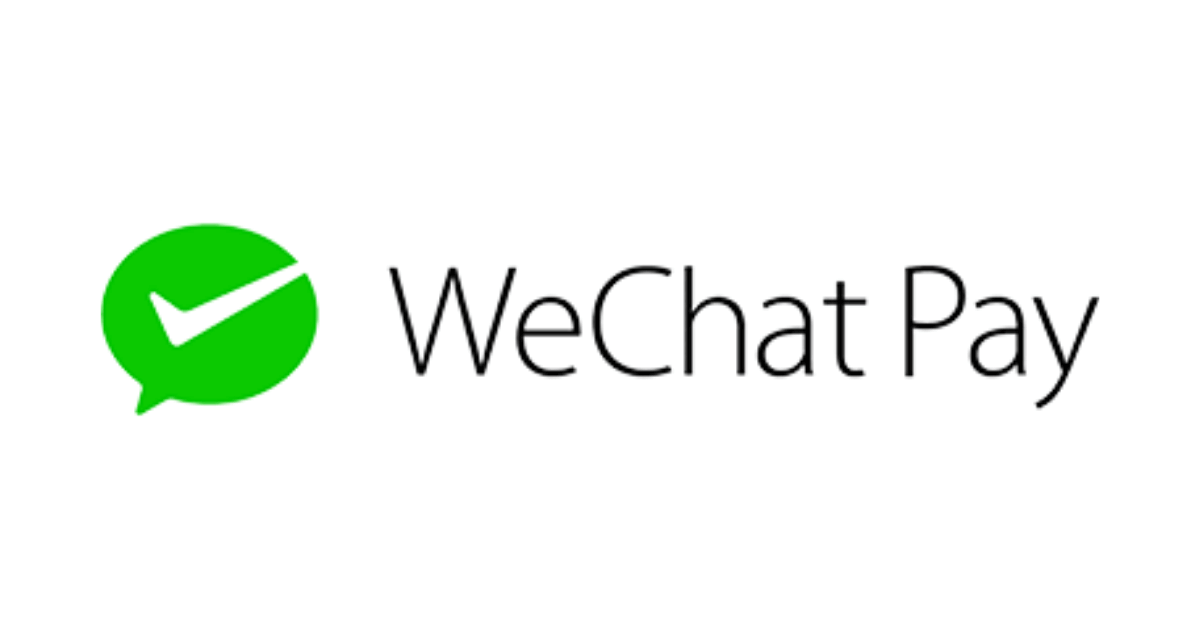2020 for GCG ASIA was a rough one. GCG Asia’s 2020 study takes a deep look into how the economic sector and Fintech industries in Singapore, Malaysia and Cambodia have been affected in 2020. GCG Asia’s 2020 findings note that just like the entire global economy, Singapore, Malaysia and Cambodia, which play major roles in the Fintech industry in South-East Asia are no different and have also been greatly affected by COVID-19.
The pandemic commonly known as coronavirus that has completely changed the lives of many people both in good and bad ways. The first case of COVID was discovered in a food market in Wuhan, China in December 2019. Since then it has been a complete roller coaster of the entire globe fighting against the pandemic–from governments trying to control the numbers of covid cases to global lockdowns, and after the loss of many lives and the struggle to prevent this disease from prevailing, a vaccine has now been made available. Read more for GCG Asia’s 2020 findings of the pandemic’s impact.
GCG Asia Reviews 2020’s Impact on Fintech Industries
The Fintech sector has grown rapidly in Asia but it’s growth prospects wasn’t immune to the global meltdown caused by the pandemic. However, certain sectors within Fintech fared better than others. One study showed that firms digital asset exchanges, payments, savings, and wealth management reported growth while digital lending slumped while also suffering outstanding loan defaults.
In this article, GCG Asia in 2020 explores a few ways Asian Fintech was affected by COVID-19.
1. Shrinking Investor Funds
According to GCG Asia’s 2020 research, the hit of the global pandemic has caused a great reduction in investor capital for the Fintech industry in Asia. One of the most important aspects of this and any industry is the availability of capital. The lack of capital or little thereof, would leave a business no choice but to shut down due to the lack of funding and this definitely applies to the Fintech industry as well.
GCG Asia’s 2020 study noted that in small organisations lack funding, that means they are forced to close and the playing field would now belong to the larger organisations that have access to greater resources.
The reason most of these small organisations are currently struggling is because, as we mentioned earlier, COVID-19 wreaked havoc in the economy of the globe. Initially, because there was really no way to control the pandemic, there was no telling when small organisations would be able to start in the Fintech industry.
GCG Asia’s 2020 study noted that however, now that there is a way for the global disease to be cured makes it a good opportunity for these small startups to be able to have the driving power to continue from where they left off. What this means is that the small organisations that did not end up closing will now have the opportunity to keep driving their companies towards thriving in the Fintech industry.
2. Growth of Online Services and Payments
GCG Asia’s 2020 impact study notes that the global pandemic definitely accelerated the use of online services. This is because as soon as the virus hit nations, everyone was not only looking for a way to contain it but also practising preventive measures to avoid further spread of the virus. This made the government bodies introduce lockdowns. Individuals were only allowed to leave their homes in search of food and in the case of emergencies.
GCG Asia’s 2020 research noted there were also many other individuals on a global scale who could not leave the house due to the fear they had in catching this deadly virus. This led to the rise of many companies making the leap to providing online services for better customer service such as grocery shopping and delivery, and an increase in the use of mobile applications such as zoom that is used to conduct work meetings and educate the children who were learning from home with access to such facilities.
GCG Asia’s 2020 research found that the use of e-wallets increased on a global scale as well because it was safer to use cashless payments than hard cash. This definitely made many individuals adjust to the digital world and has become the new normal which can only be a good thing for the Fintech industry.
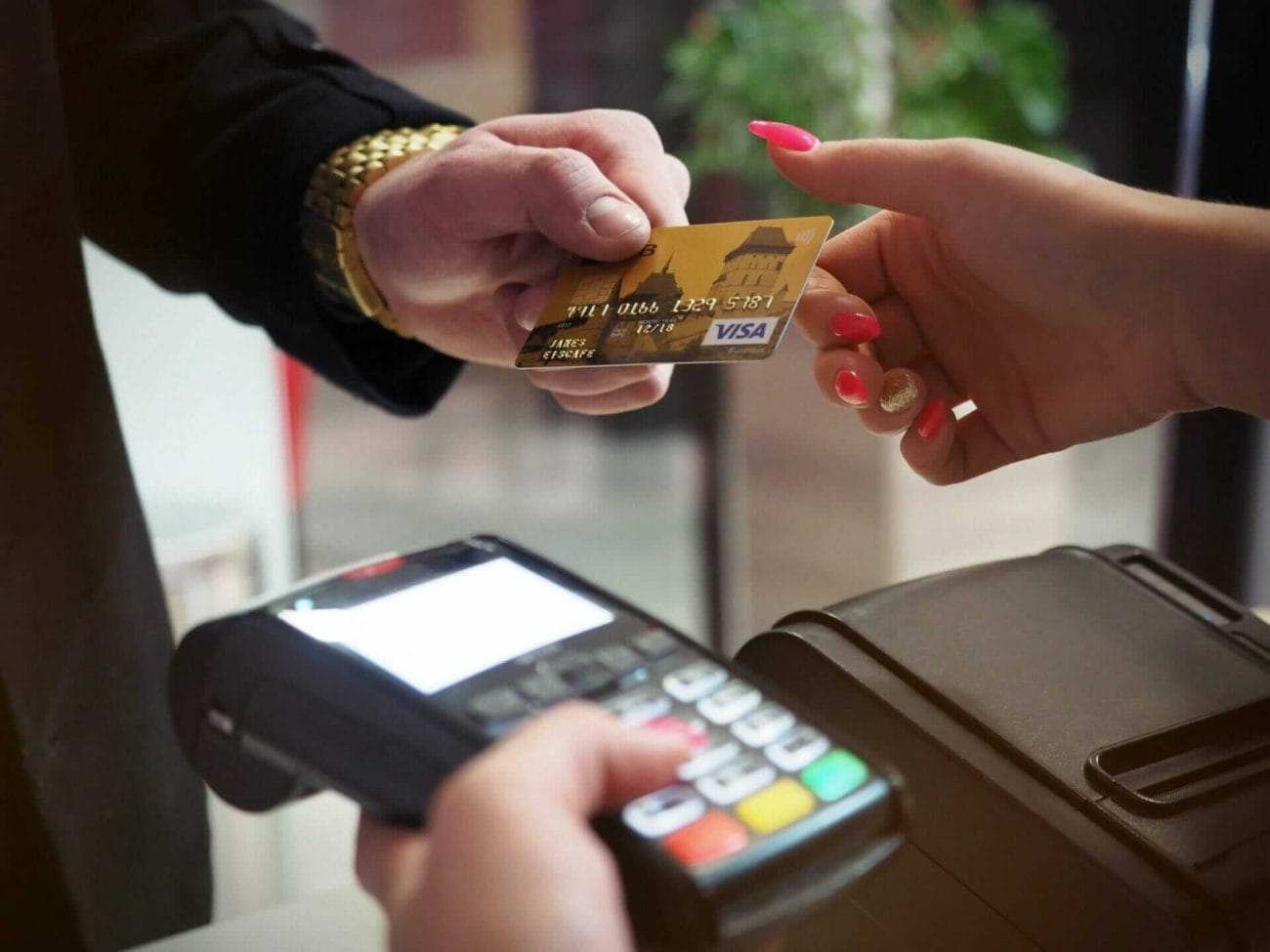
3. Traditional Banking Meets Fintech
In 2020, GCG Asia noticed that traditional legacy banks were hit badly across the globe, caused by the global financial crisis and virus outbreak. In Singapore and Asia as well as many other countries the economy was affected due to the reduction in revenue. This has resulted in many banks deciding to go into business with and merge with the Fintech industry by either acquiring or expanding into Fintech subsidiaries.
GCG Asia’s 2020 study noted the trend that traditional banks inserting themselves in the digital wave is an opportunity for them to access customers and give them small loans which would be a stepping stone for them to get major firms in this industry. For the banks that already have partnerships with some of these firms, it gives them access to a greater number of consumers digitally which can only increase in the new post-pandemic world.
4. Changing Business Models and Adaptation
According to GCG Asia’s 2020 research, many Fintech firms had to adapt their business models in response to the pandemic by implementing measures such as reducing fees, changing qualification criteria, and easing payment requirements. Many launched new products and value-added services, such as offering information, data and increased automation. “Another interesting thing we found out in our GCG Asia 2020 impact research is that many firms are now having to pay more attention to fraud and take enhanced security measures as a response to business conditions under the pandemic,” says Maggie Chew, GCG Asia’s 2020 study researcher in Singapore. These mean that there are increases in operational costs across the board for services like data storage and onboarding.
Financial regulators see rising risks in the FinTech market in light of COVID-19, particularly concerning cybersecurity and operational risks, as well as consumer protection issues such as fraud and scams, Chew added, citing GCG Asia’s 2020 review findings.
COVID-19 has also caused internal challenges for regulators in their approach to FinTech.
“The introduction of social distancing and lockdown measures, together with restricted access to information and technology, has made supervisory activities such as on-site inspections of FinTech providers difficult or impossible,” added Chew, GCG Asia’s 2020 review researcher.
GCG Asia’s 2020 review surveyed regional regulators and found that 37% say they have taken at least one regulatory measure specifically targeting FinTech sectors or activities. Especially in emerging markets like Indonesia, Cambodia, and Vietnam, these were directed at digital banking payments and remittances, such as removing transaction fees and raising transaction thresholds. GCG Asia also noted that regulators loosened forex trading regulations.




